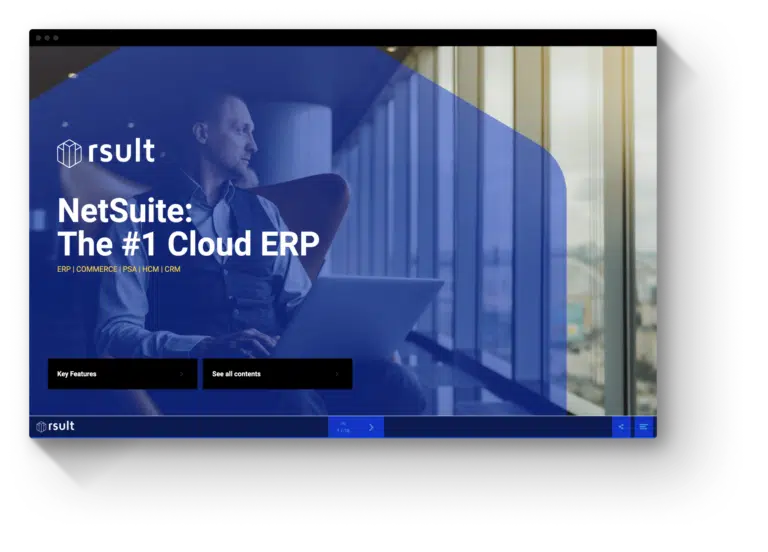Dependence on disconnected software and spreadsheets can handicap businesses that private equity investors are betting on. This is because these businesses may not have the necessary data visibility and insights to make informed decisions. As a result, they may be disadvantaged when competing against other businesses that have more sophisticated systems in place. This can ultimately lead to lower returns for investors.
Consider the myriad ways that dependence on disconnected software and spreadsheets handicaps the businesses’ private equity investors are betting on. Those include:
- ⚠️ Not able to keep up with all of their financial and work-related data because spreadsheets only get more extensive and more challenging to manage.
- ⚠️ Lack of visibility into core business processes.
- ⚠️ Difficulty transitioning off from existing parent company systems fast enough in M&A scenarios.
- ⚠️ No integration with forecasting and pipeline data.
- ⚠️ Lack of visibility into customer behaviour.
- ⚠️ Limited reporting capabilities.
- ⚠️ Lots of manual data entry.
- ⚠️ Lack of workflow sophistication.
It can be challenging for private equity firms to get an accurate picture of the health of their portfolio companies for several reasons. For one, financial information is often not readily available. In addition, the management of private companies may be reluctant to share information with PE firms for fear of losing control or appearing weak.
Furthermore, PE firms may have difficulty accessing information about the company’s customers, suppliers, and other key stakeholders. As a result, PE firms may rely heavily on their gut instincts and experience when trying to assess the health of a portfolio company, which can lead to inaccurate conclusions. Providing those assessments is incredibly difficult without ERP solutions among portfolio companies.
Here are some of the adverse outcomes when you don’t use NetSuite as a Private Equity Firm for your portfolio:
- ❌ The data that results from manual entry in multiple locations leads to untrusty KPIs and metrics. Meaning that stakeholders really don’t know how their businesses are doing.
- ❌ Redundant manual processes don’t just lead to bad data; they sap the time and energy of staff that could be used on more critical activities.
- ❌ Untrusty Data. All of this Untrusty data makes it next to impossible to maintain compliance and control.
- ❌ Having to stitch together disjointed software solutions that don’t integrate creates back-office dysfunction, with IT staffs chasing their tails trying to keep up.
- ❌ No Real-time feedback. There’s no mechanism with which to inject real-time feedback into sales, customer data, financials or inventory.
Overall, spreadsheet and system reliance can have a significant impact on a company’s profit. Slow processes, errors, and increased costs can all lead to reduced profit. In addition, risk can also indirectly impact profit. Therefore, it is essential for companies to carefully consider the ways in which they rely on spreadsheets and systems.
- ❌ Carve-out readiness can be improved by creating clear data on how that part of the company is performing.
- ❌ Additional transactions are piled onto the onboarding process. Adding costs, complexity and potential challenges as PE firms and portfolio companies form their relationships.
- ❌ Difficult to comply to government regulations. Just as a poor system infrastructure can lead to compliance and control challenges for their portfolio companies, it can also make it more difficult for PE firms to adhere to government regulations.
- ❌ Difficult to manage the risk of the investment. It makes it substantially harder for PE firms to do their most critical job: Managing the inherent risk of their investments.
All of this can negatively affect valuations when it comes time to exit.
That’s where ERP systems come in. And the good news is that they’re now accessible for growing and midsized businesses. This presents a considerable opportunity for private equity firms and their portfolio companies.
As the world of business becomes increasingly globalized, private equity firms are investigating how to streamline their operations and get a better understanding of their overall performance. NetSuite’s private equity practice provides firms with the robust global functionality they need to stay competitive.
With NetSuite, firms can track their investments, performance, and portfolio companies in one centralized system. This gives them the visibility and insights they need to make better decisions and drive growth.
In addition, NetSuite’s private equity practice offers a number of publications that can help firms learn more about how to use an ERP to their advantage. The “Why Private Equity firms should consider an ERP” publication is an excellent resource for firms looking to improve their operations.
With NetSuite’s private equity practice, firms can get the information and tools they need to succeed in today’s global marketplace.



